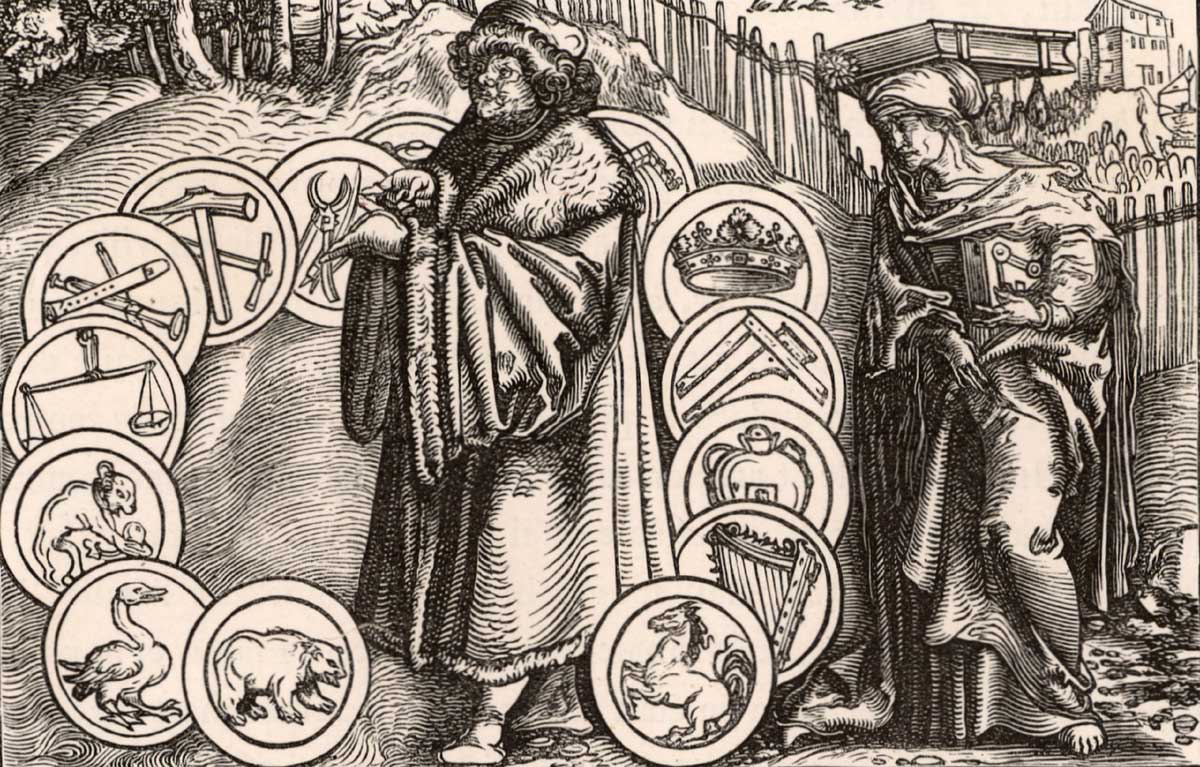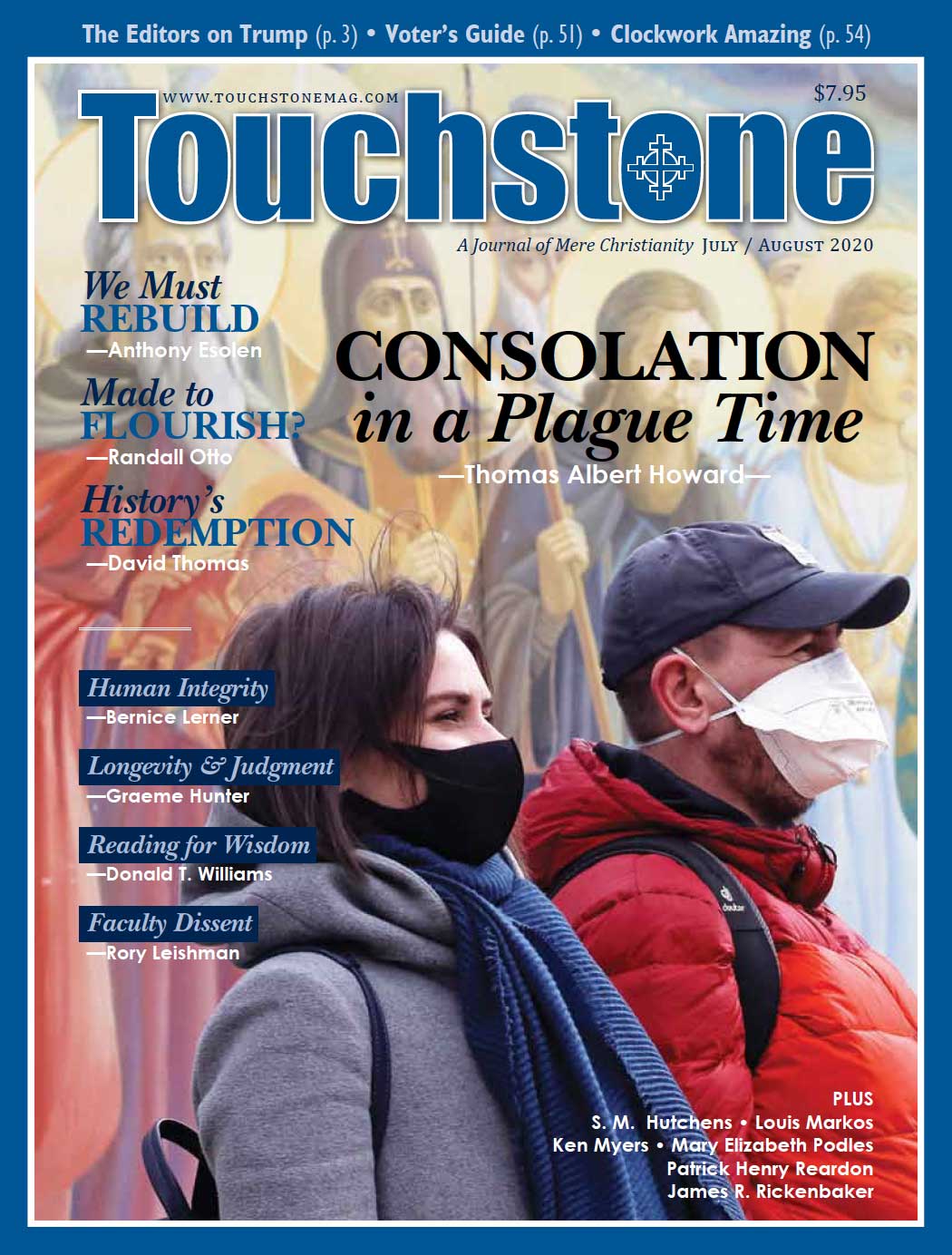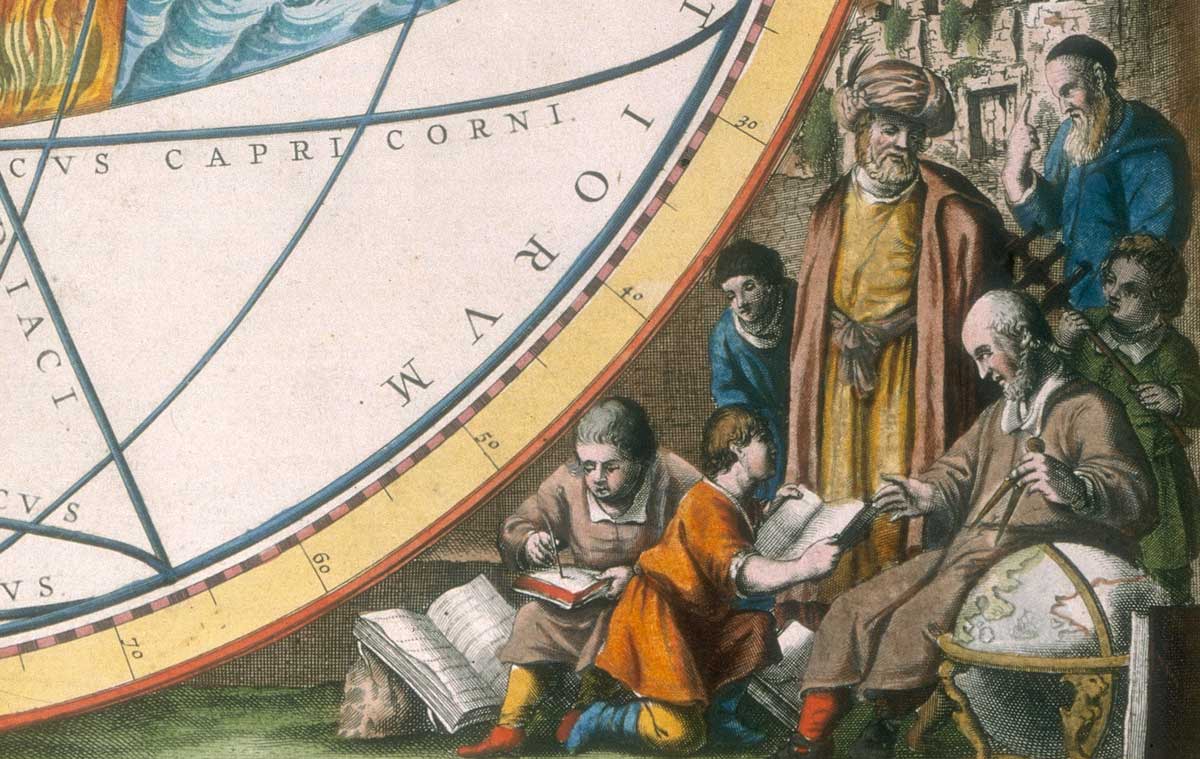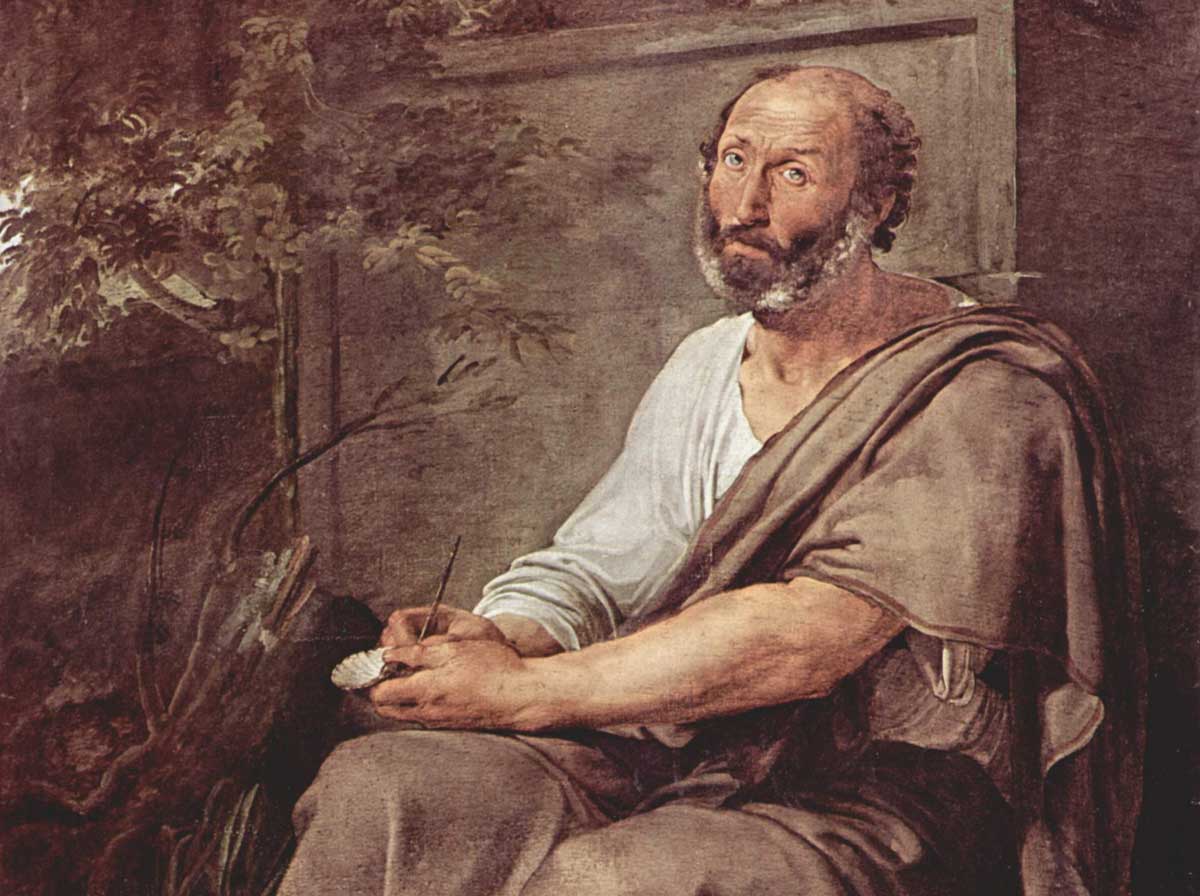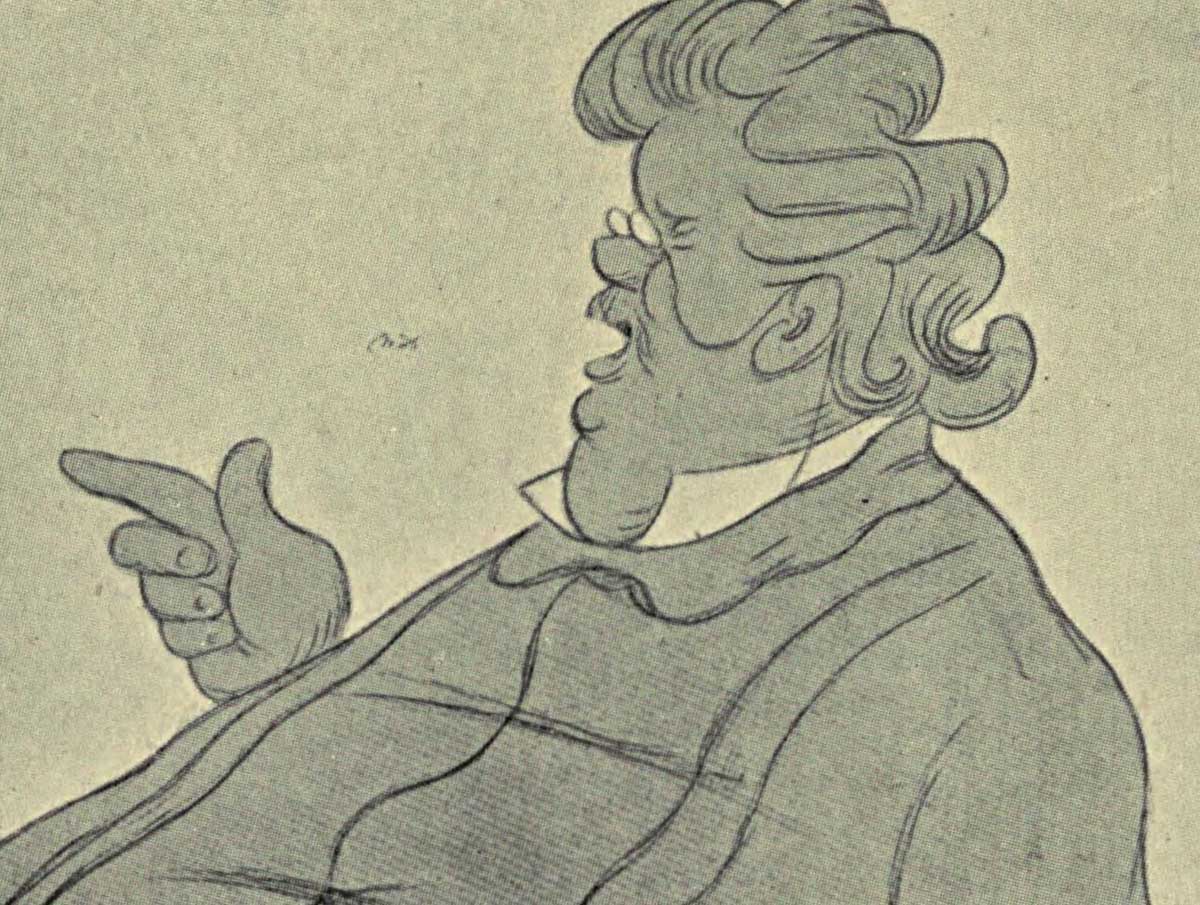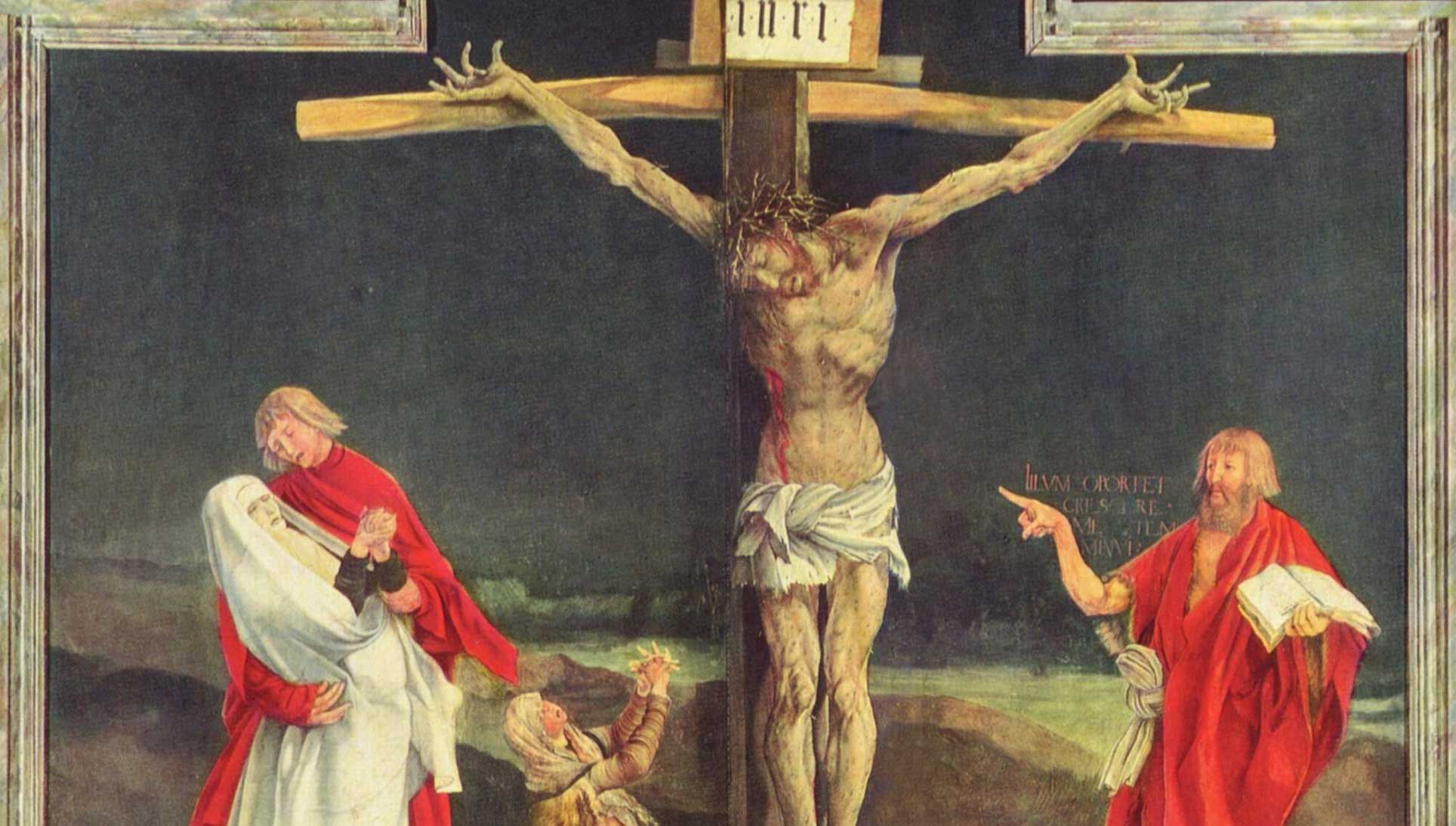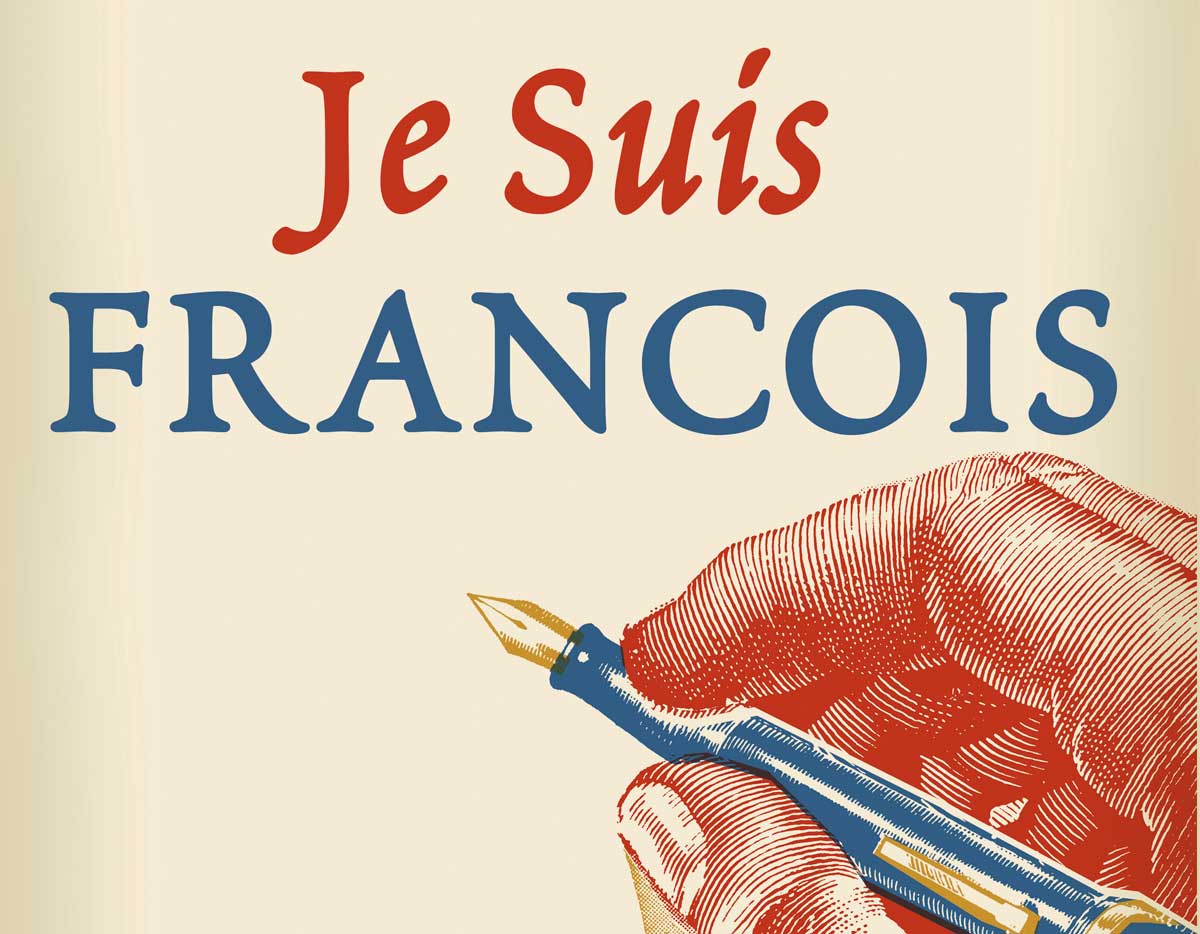View
Pondering Evil
Thomas Albert Howard on Boethius's Consolation in a Time of Plague
On April 10, the Wall Street Journal reported on the digging of mass graves on Hart Island, New York, for bodies of the truly down and out, many homeless, not claimed at the morgue. Victims of the coronavirus, these people surely did not anticipate dying alone, un-mourned for, by a disease possibly originating with bats in Wuhan, China. This and a steady cascade of other grim stories and statistics concentrate the mind on an age-old question: how can a good, loving God permit such misery?
Many have understandably turned to Scripture to make sense of our moment. Others have looked to literature: Camus's The Plague, say, or Boccaccio's Decameron, set during Europe's Black Death. For reasons not entirely clear to me, I found myself re-reading Boethius's The Consolation of Philosophy.
Written in prison before his execution in a.d. 534, the work is the last will and testament of Boethius, a Christian public servant who had risen in the court of King Theodoric, the Arian ruler of the Ostrogothic Kingdom of Italy between 493 and 526, before falling from grace, being implicated in a conspiracy against the king.
Although a Christian, Boethius turned to classical philosophy in his time of need to find inspiration and make sense of his cruel lot. Indeed, hardly an explicit reference to Christianity is found in the entire work. Posthumously, however, Boethius has been hallowed by a wide range of Christian thinkers as an exemplar of sound judgment. In his Paradiso, Dante places Boethius among the twelve luminous spirits in the realm of the Sun, calling him "that joy who strips the world's hypocrisies / bare to whoever heeds his cogent phrases." Thomas Aquinas, also resident in Dante's sun, leans on Boethius frequently in his Summa Theologiae and in other works. Throughout the Middle Ages, along with Pope John I (d. 523), Boethius was sometimes recognized as an orthodox martyr slain by a heretical (Arian) despot—and Christianized commentaries on his work circulated widely. But, again, hardly a trickle of explicit Christianity appears in the actual book.
So, what gives?
Three Crucial Services
In The Discarded Image, C. S. Lewis helps when he envisions Boethius, charged with paganism, responding, "Did you not read my title? I wrote philosophically, not religiously, because I had chosen the consolations of philosophy, not those of religion, as my subject. You might as well ask why a book on arithmetic does not use geometrical methods." While this might not placate all critics, it moves the conversation in a productive direction. Additional help comes when we remember that many Church Fathers regarded Hebraic wisdom (chokma; Greek: sophia)—perhaps not altogether dissimilar from Boethius's philosophia—as a prefiguration of the eternal Logos. Chokma is even personified in Proverbs 8 as philosophia is in Boethius.
Doubtlessly with Plato in mind, Boethius wrote in dialogue form: a series of conversations between the condemned prisoner (him) and his nurse, "Philosophy," who restores his mind to health even if his body remains in imminent peril. Philosophy, I would hazard, provides three crucial services that—though certainly falling short of asking Boethius to drop to his knees and call upon Jesus' name—remain indispensable for an honest intellectual life open to the possibility of Christian affirmation.
First, Philosophy reminds Boethius that human experience, viewed in strictly immanent terms, is always marked by caprice, loss, and misery. The Wheel of Fortune—a key trope in the book—delights in luring mortals into a false sense of well-being, only to turn on a denarius and deliver them to despair. Philosophy describes this wheel as a "monster," a "random goddess"—only fools seek true happiness from her. "With domineering hand she moves the turning wheel . . . / No cries of misery she hears, no tears she heeds / But steely hearted laughs at groans her deeds have wrung." Who would entrust his life to such a remorseless force, Philosophy persists, before instructing Boethius on the insufficiency of wealth, ambition, fame, and high office to assuage the restless heart. "The depths of time . . . makes all things obscure," she says with respect to the pursuit of fame; pathos marks those chasing it, for "the infinite recesses of eternity" prevent "any continuation of your name." And even those who manage to achieve momentary worldly happiness, Philosophy reminds him, are soon met by death, which "abases all alike."
Second, and in a point especially applicable to our virus-ridden moment, Philosophy suggests to Boethius that misfortune can have a salutary effect insofar as it reminds us of the true nature of things and prompts us to seek more enduring forms of joy. "Bad fortune," says Philosophy, "is more use to a man than good fortune. Good fortune always seems to bring happiness, but deceives you with smiles, whereas bad fortune is always truthful because by change she shows her true fickleness." The path toward our "true good" is obscured by good fortune, she continues, "but adverse fortune frequently draws men back to their true good like a shepherdess with her crook." Hardship is often the mother of honest self-examination and possibly correction. It also helps us distinguish between true and false friends.
Thomas Albert Howard is Professor of Humanities and holder of the Phyllis and Richard Duesenberg Chair in Christian Ethics at Valparaiso University.
subscription options
Order
Print/Online Subscription

Get six issues (one year) of Touchstone PLUS full online access including pdf downloads for only $39.95. That's only $3.34 per month!
Order
Online Only
Subscription

Get a one-year full-access subscription to the Touchstone online archives for only $19.95. That's only $1.66 per month!
bulk subscriptions
Order Touchstone subscriptions in bulk and save $10 per sub! Each subscription includes 6 issues of Touchstone plus full online access to touchstonemag.com—including archives, videos, and pdf downloads of recent issues for only $29.95 each! Great for churches or study groups.
Transactions will be processed on a secure server.
more on philosophy from the online archives
more from the online archives
calling all readers
Please Donate
"There are magazines worth reading but few worth saving . . . Touchstone is just such a magazine."
—Alice von Hildebrand
"Here we do not concede one square millimeter of territory to falsehood, folly, contemporary sentimentality, or fashion. We speak the truth, and let God be our judge. . . . Touchstone is the one committedly Christian conservative journal."
—Anthony Esolen, Touchstone senior editor





